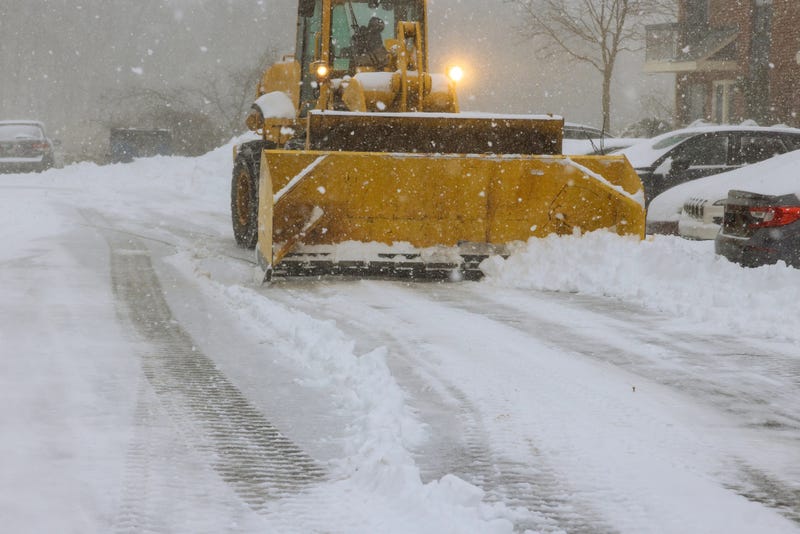
KANSAS CITY - Frigid air that normally stays trapped in the Arctic has escaped, plunging deep into the United States for an extended visit. Such cold air blasts have become known as the polar vortex.
The worst is affecting areas that just got hit with heavy snow, such as Kansas.
Some parts of Kansas received a foot-and-a-half of snow, mostly in the north-central and north-east parts of the state.
In south-central Kansas, parts of McPherson County got nine inches of snow, and the Whitewater area in Harvey County, to the north-northeast of the Wichita area also recorded nine inches; Marion (in Marion County) totalled nearly nine inches of snow as well.
Treating roads in the extreme cold can create challenges for crews as salt brine can start to freeze once the temperatures get into the single-digits. The Kansas Department of Transportation is using beet juice in some places to help treat roads.
KDOT Wichita has been using this beet-brine mixture since Monday night, switching over from a brine mixture. Those orange-yellow streaks in the snow on the roads are most likely that beet-juice mixture, as crews fill most of the snow-plow’s tank with salt brine, then add a beet mixture on top, making for a pungent mix.
The beet juice lets the brine & salt adhere longer in a slushy form to the pavement being treated, giving road crews more time to plow.
The arctic blast that descended on much of the U.S. east of the Rockies over the weekend, bringing a blizzard to Kansas, caused hundreds of car accidents, thousands of flight cancellations and delays, and forced school closures in some states.
Judah Cohen, seasonal forecast director at the private firm Atmospheric and Environmental Research, called this a polar vortex event; the Arctic is warming four times faster than the rest of the world.
These type of polar vortex disruptions — stretching or moving entirely out of the North Pole — are happening more frequently, according to a study last month by Cohen, Woodwell Climate Research Center scientist Jennifer Francis, and others.
